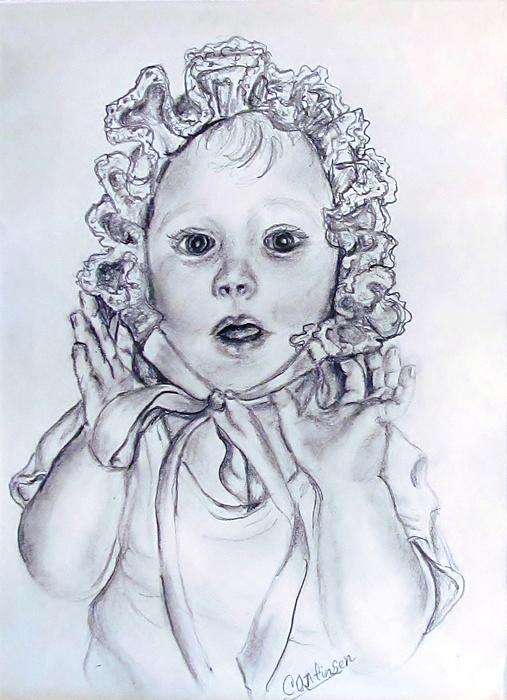When a group of mothers get together, the audible sound bytes will likely include chatter about the perils of giving birth and raising children. Center stage is the person who had the longest labor and delivery or whose birth canal sustained the most damage.
Of course, I’m long past that stage of my life, but the memories linger on. Today I reminisce watching “Call the Midwife: a Memoir of Birth, Joy, and Hard Times” on PBS. Based on the memoirs of Jennifer Worth a nurse and midwife in post war London in the 1950s, the show is a delightful stroll down memory lane.
Even husbands are in awe watching live births actually happen on screen. Eyes tear up as each infant takes in its first breath and wails that familiar newborn cry. Mothers forget their pain. Midwives are reinvigorated with purpose as the intertwined plot reveals the seedier side of life in London’s urban squalor.
Almost as popular as Downton Abbey, another PBS favorite, viewers discuss Midwife’s characters and plots via email, texting and “face time.” Chummy is down to earth and lovable and has become a symbol of women’s changing role in society and her need for independence and fulfillment. Jenny, the main character, mirrors our own hopes, dreams and aspirations.
Watching people cope with poverty, ignorance, domestic violence, lack of birth control and disease is heart wrenching. When someone in these circumstances makes a wise choice or demonstrates not only their humanity, but an unrestrained compassion for others we are lifted in the process.
In the midst of filth and degradation, these mothers courageously bring life into the world with dignity. They embrace life and cling to hope. Viewers are inspired and ashamed at the same time. The characters have little, but they give all they have. Their courage and defiance in the face of tragedy make us, who take so many things for granted, ashamed. We are filled with a new sense of gratitude for our own abundance and ease.
Historical dramas remind us of where we’ve been and to whom we owe gratitude: the trail blazers, the researchers, the movers and the shakers of the past. We are enriched by their struggles and made aware of the sacrifices that were made on our behalf. Our own past and the trials and challenges that we faced may also be inspiration for those who come after.
“No man is an island,” penned John Donne. We are all connected and we influence every person who comes into our life whether with a simple smile or a helping hand when it is needed.
No Man Is An Island
No man is an island,
Entire of itself,
Every man is a piece of the continent,
A part of the main.
If a clod be washed away by the sea,
Europe is the less.
As well as if a promontory were.
As well as if a manor of thy friend’s
Or of thine own were:
Any man’s death diminishes me,
Because I am involved in mankind,
And therefore never send to know for whom the bell tolls;
It tolls for thee.
John Donne

